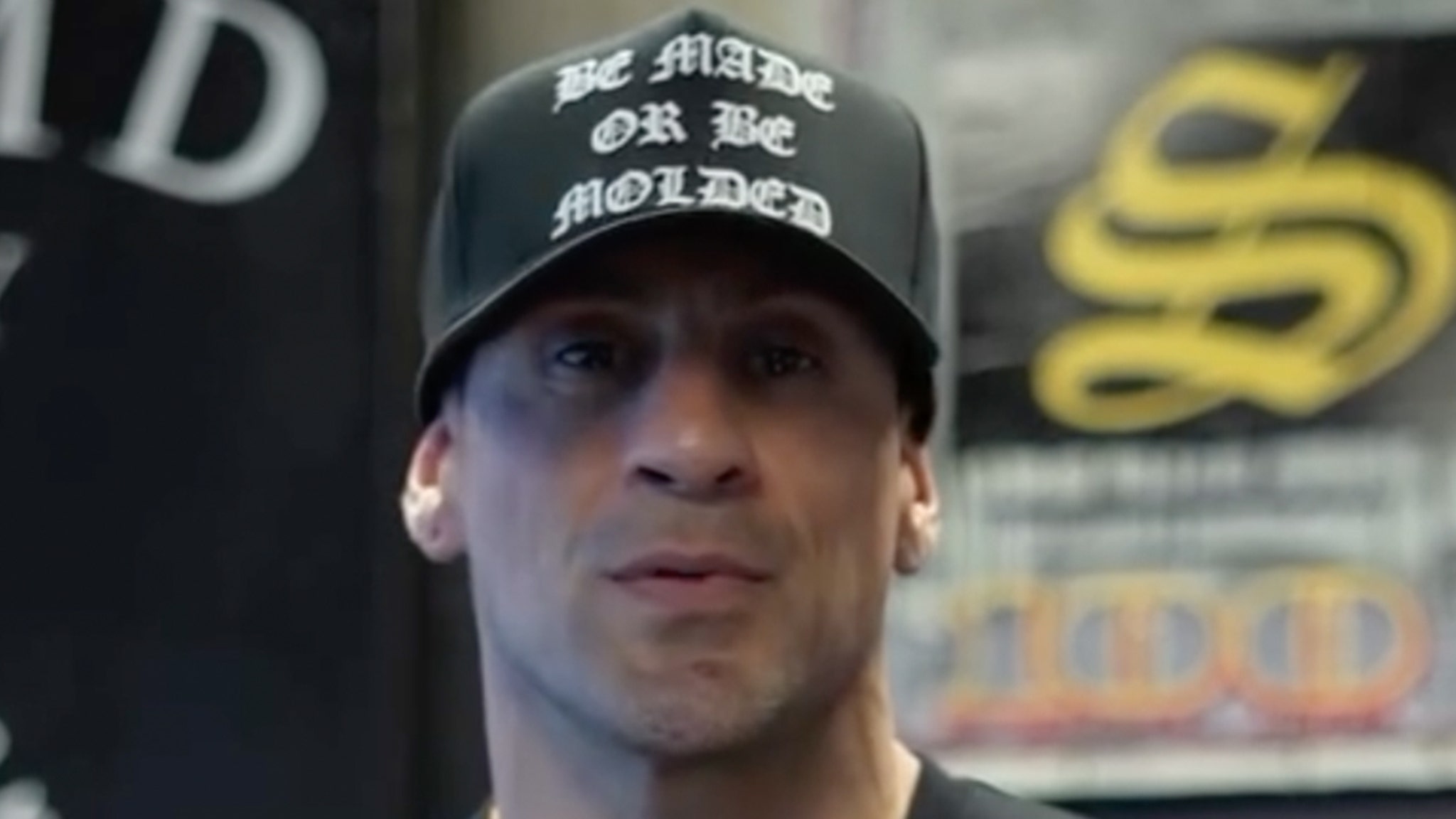Sports
2024 Paris Olympics: Imane Khelif gender controversy a reminder of the times
Here’s a question that seems like it ought to be simple but isn’t: What counts as an “unfair advantage” in sports? Be specific with your answer, please. Like, really specific.
This term — unfair advantage — is all over the discourse surrounding the 2024 Paris Olympics this week. It started Thursday when Algerian boxer Imane Khelif defeated Italy’s Angela Carini in just 46 seconds to advance in the women’s welterweight competition at the 2024 Paris Games.
And when I say defeated, let me very clear and say that Carini quit. She took a hard right hand straight up the middle, then turned to her corner and called off the bout after less than a minute of fighting.
“I have never felt a punch like this,” Carini said later of the punch that, to be clear, didn’t knock her out or even knock her down. She added: “I didn’t give up. But one punch hurt too much, and so I said, ‘Enough.’ I’m going out with my head held high.”
Carini later apologized for not shaking Khelif’s hand after the bout, and for her role in helping to kick off a controversy about Khelif’s eligibility to compete. But by then it was already too late. The internet had already set to its terrible yet inevitable work.
Almost immediately, everyone from pro sports figures to elected politicians jumped straight into culture-war panic mode. They claimed that Khelif was a man. They claimed she was transgender. They remained undeterred by the fact that there’s not a shred of evidence to back up any of that. The facts didn’t matter anymore, if they ever had. Here was this familiar soapbox, and certain people never miss a chance to jump on it.
Other critics allowed at least a little more nuance into their arguments. Maybe Khelif wasn’t born a man, they said, but she did have “male characteristics.” Some pointed to a 2023 incident in which Khelif, along with Chinese Taipei’s Lin Yu-ting, were barred from the World Boxing Championships in New Delhi, after Russia’s International Boxing Association disqualified them for failing unspecified gender eligibility tests.
The IBA has since been banished by the IOC for its years of scandals. IBA president Umar Kremlev has claimed in the past that Khelif has XY chromosomes, but he’s never offered details about the testing that supposedly revealed this.
For a certain type of person, none of that matters. These people are so obsessed with transgender issues that they see them everywhere they look. People like former UFC champion Sean Strickland, who has previously insisted that women shouldn’t be allowed to vote, suddenly become very concerned with the sanctity of women’s sports when it includes a chance to rant about gender identity and the awful scourge of woke.
That is extremely dumb, but it is also familiar. To the culture warriors with only a hammer, everything looks like a nail. It doesn’t matter that Khelif has been a woman all her life, or that she’s been boxing in women’s competitions for years, or that she hails from a country where gender transition isn’t even an option. Some people are so concerned with policing gender that they’ll use anything — a punch that seems too hard, a jaw that seems too square, a physical expression that they deem too masculine — as reason enough to go on the attack.
The facts aren’t hurdles to these people. The facts are not even an inconvenience. These are people who only know the chorus of a certain song and all they need is someone else to hit the first few notes before they join in with great enthusiasm. Every. Time.
At the core of all this is the suggestion that Khelif has some kind of unfair biological advantage. If she were born with an XY chromosomal makeup (as some women are) or a body that naturally produced more testosterone than the average woman, some people argue, that should disqualify her from competition.
This seems to me a strange argument to make at, of all places, the Olympics. An alien who crashed on this planet could be forgiven for looking at this international competition and concluding that the whole thing is meant to celebrate genetic outliers. Hard work, yes. Diligent training and sacrifice and commitment to a goal, certainly. But if you aren’t born with some genetic gifts, you probably aren’t getting on that podium.
What’s more, the Olympics is the rare sports competition that seems to celebrate a real diversity of athletic types. Swimmers have certain gifts that are different from weightlifters. Some people are built for gymnastics and others for volleyball. You show up to compete in the Olympics, you probably should be prepared for the possibility that some people are better equipped by nature than you are.
If you enter an Olympic boxing match and are surprised to be punched really hard directly in your face, for instance, we should wonder what exactly you thought was going to happen.
There’s no indication that Khelif did anything outside the rules in order to gain an advantage. Her crime seems to be that she was born a woman and wanted to compete in women’s boxing despite not looking exactly like what some people think a woman should look like. Those people suspect that her body might not fall within a rigid enough expression of gender traits. They claim it gives her advantages that cannot be allowed.
The question this raises is what degree of genetic advantage should be allowed? If you’re born with certain traits, do you get preemptively banned from the Olympics? Is that really the type of competition we want to turn this into?
Because it seems to me that the whole idea here is to bring together all different types of people, from all over the world, and let them determine among themselves who’s the best in every conceivable corner of athletic competition. If your brain is too poisoned by culture war talking points to appreciate that, maybe you’re in the wrong shop.








